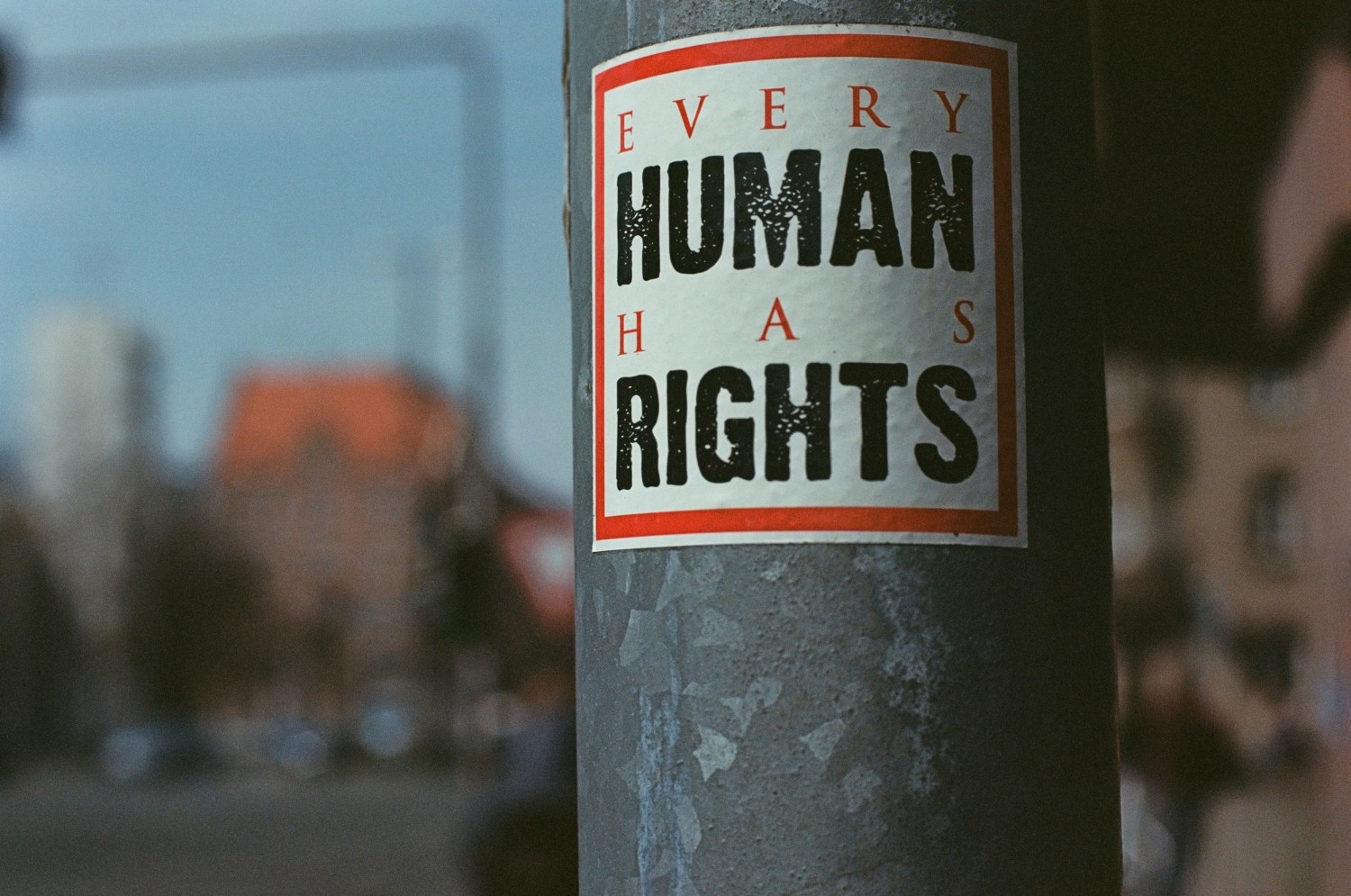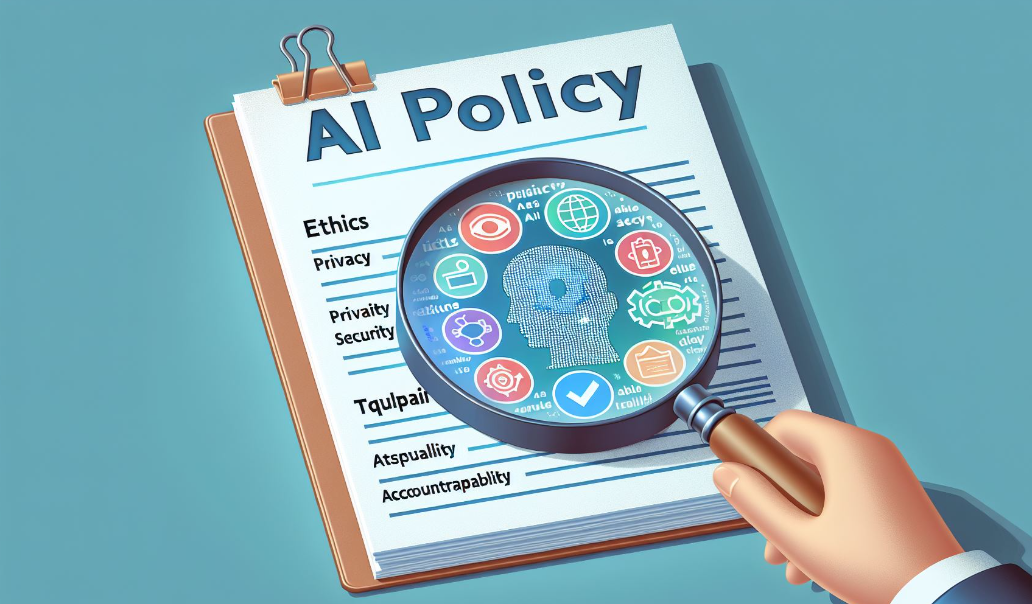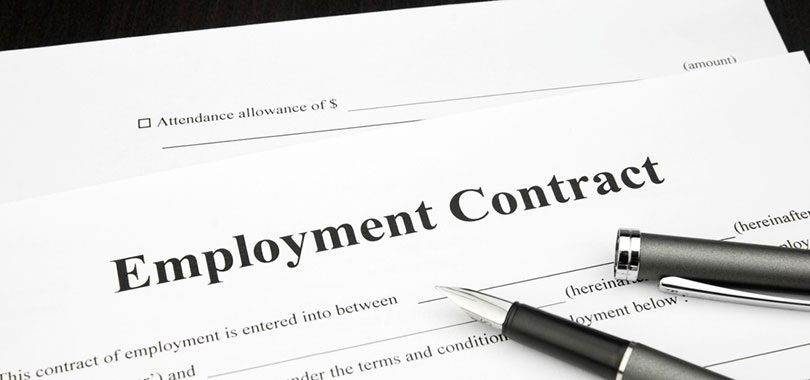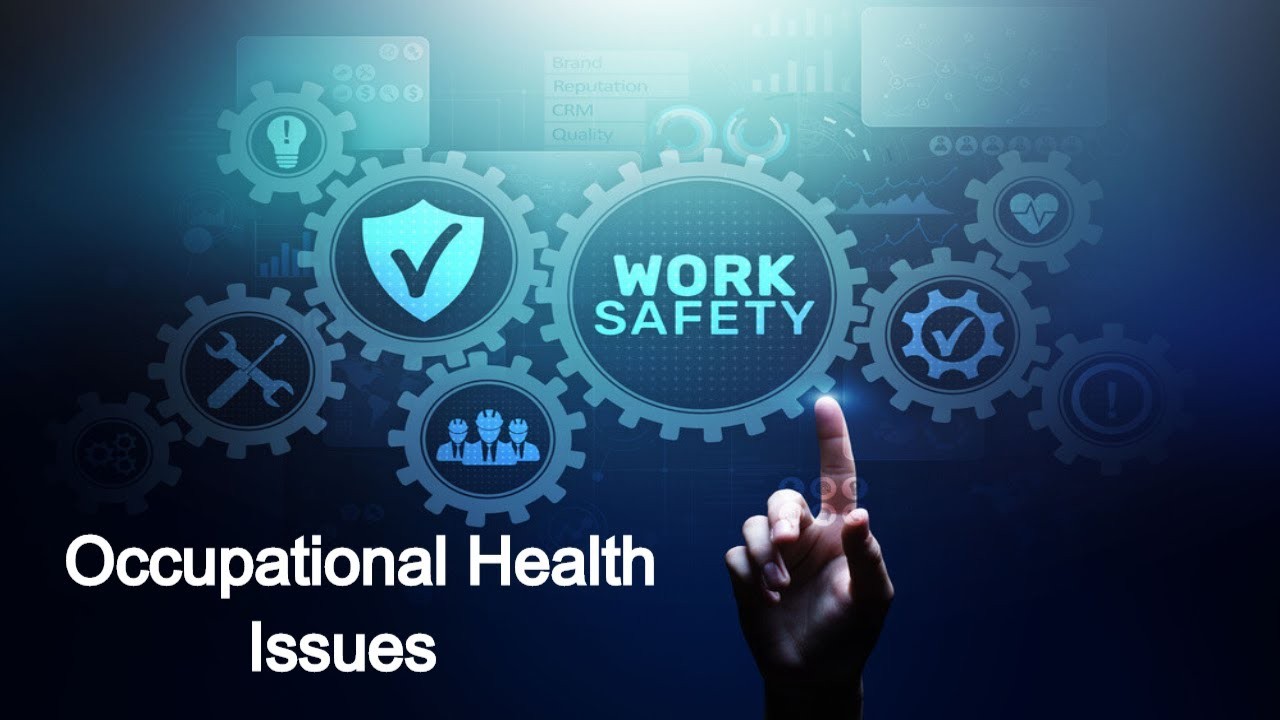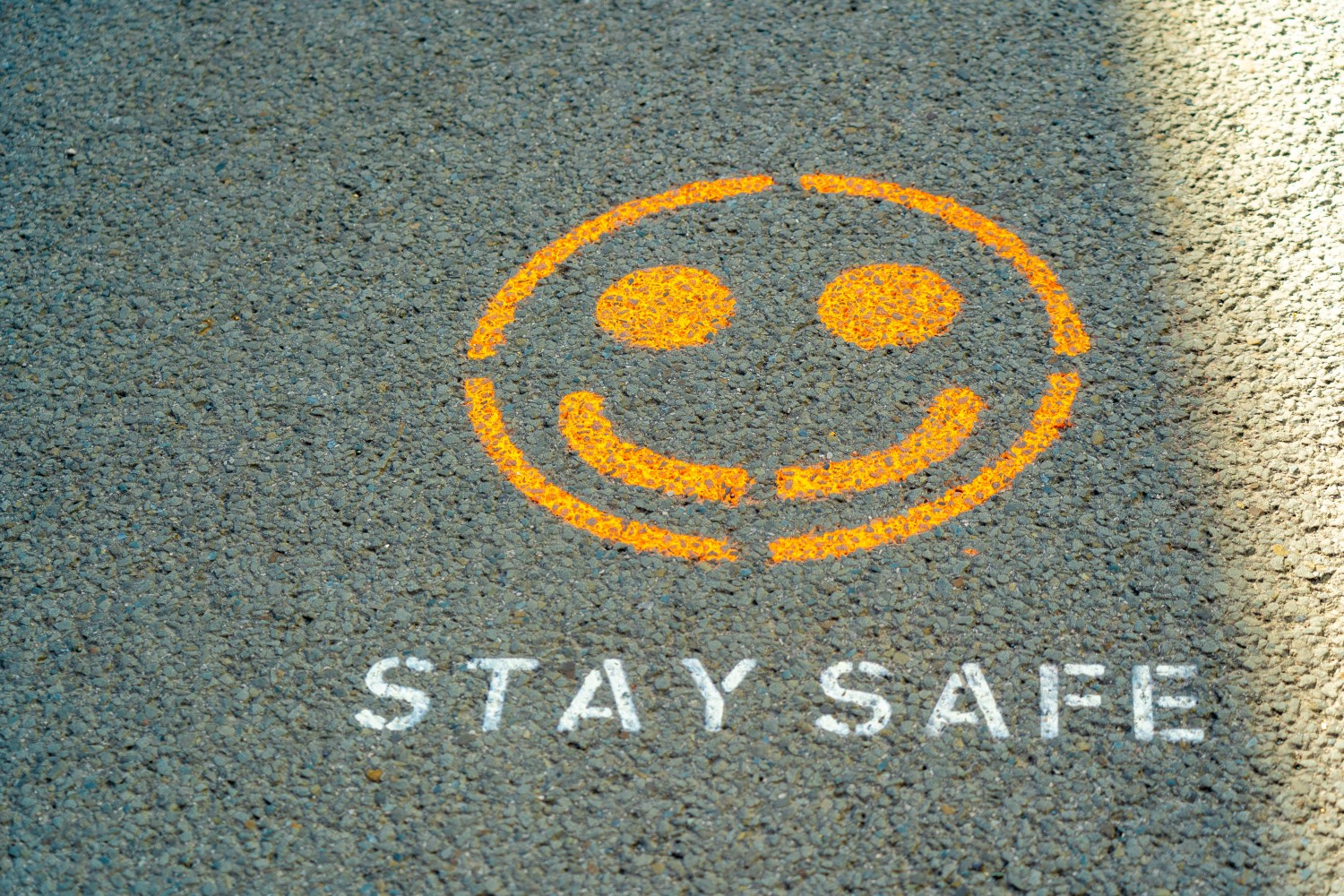-
BBBEE capacitation
R1,500.00 ex.vat -
Absenteeism Management Policy
R950.00 ex.vat -
Disciplinary enquiry, initiator and chairperson training
R3,550.00 ex.vat -
Generative AI Policy
R950.00 ex.vat
Ethics and human rights play a crucial role in establishing
a just and fair society. These principles guide individuals, organizations, and
governments in their decision-making processes to ensure that the rights and
well-being of all individuals are respected and protected.
Ethics, often referred to as moral principles, define what
is considered right and wrong based on a set of values and beliefs. They serve
as a foundation upon which individuals make choices that align with their
principles and values. Ethical considerations involve interactions with other
individuals, the environment, and resources, focusing on creating positive
outcomes and avoiding harm.
Human rights, on the other hand, are inherent to every
individual, irrespective of their characteristics, such as race, gender,
nationality, or religion. They are fundamental to all human beings and include
rights to life, liberty, security, and freedom from discrimination, among
others. Human rights provide a framework for social, political, and economic
systems that respect and protect the dignity and equality of all individuals.
Adopting an ethics and human rights policy implies
committing to following certain principles and guidelines in all aspects of
decision-making, whether in personal or professional contexts. This policy
ensures that all actions and behaviors consider the ethical implications and
respects the inherent rights and dignity of individuals.
From an organizational perspective, an ethics and human
rights policy becomes even more critical. It sets the standard for behavior
within the organization and cultivates a culture of integrity, fairness, and
respect. It enables a work environment that upholds the rights of employees,
promotes diversity and inclusion, and provides a framework for dealing with
ethical dilemmas and conflicts of interest.
In addition, an ethics and human rights policy provides a
basis for organizations to engage in responsible business practices. This
involves giving due consideration to the social and environmental impacts of
their operations, engaging with stakeholders, and ensuring fair labor practices
throughout the supply chain. Such practices help build trust and credibility,
not only among customers but also within the broader society.
On a governmental level, an ethics and human rights policy
serves as a guiding framework for legislation and governance. Governments use
these policies to protect and promote the rights of their citizens, create laws
that serve public interest, and establish mechanisms that ensure accountability
and transparency.
In conclusion, an ethics and human rights policy is
essential for fostering a just and fair society. It provides a foundation for
ethical decision-making, cultivates a culture of integrity, and promotes
respect for the inherent rights and dignity of all individuals. By adhering to
ethical principles and human rights standards, individuals and organizations
can contribute to building a better world where everyone's rights and
well-being are upheld and protected.

